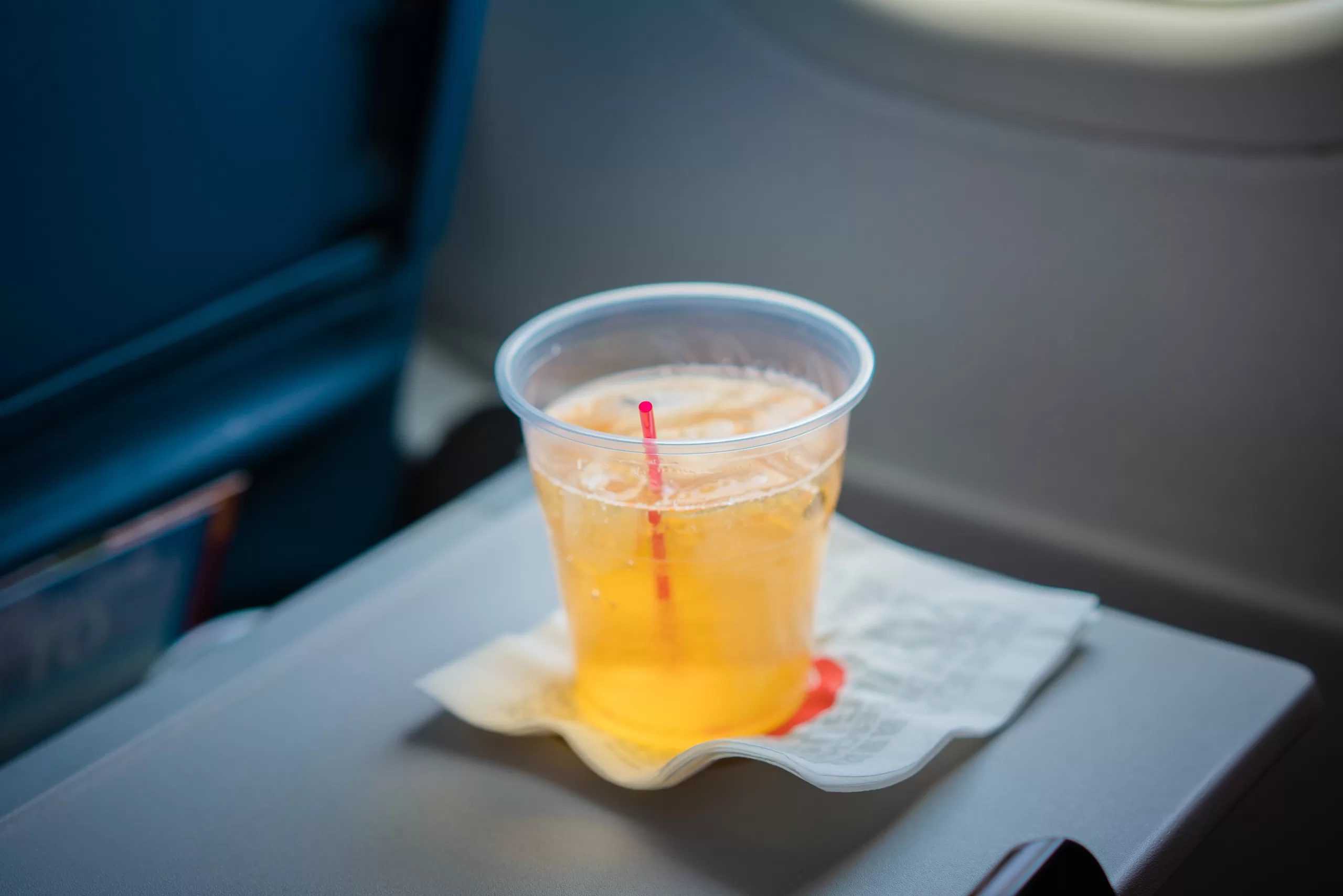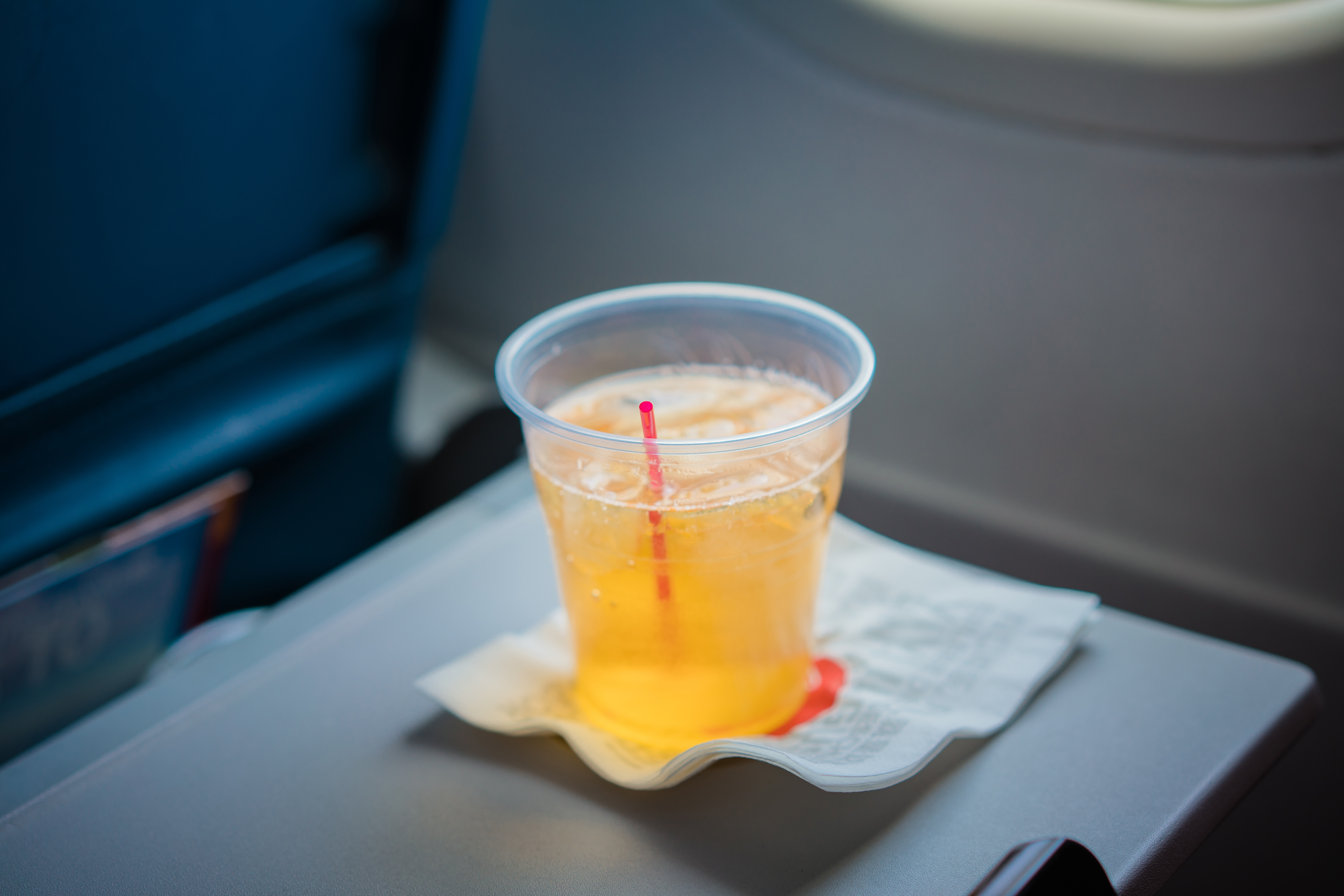Many holidaygoers will celebrate jetting off on their travels with an alcoholic beverage; some may have a doze on a plane.
However, a small study has found that the combination of in-flight alcohol and cabin pressure at cruising altitude may put a strain on sleeping passengers’ hearts.
The combination appears to lower blood oxygen and increase heart rate, even among younger adults.
“The on board consumption of alcohol is an underestimated health risk that could be easily avoided,” academics from the Institute of Aerospace Medicine in Germany said.
“It may be beneficial to consider altering regulations to restrict the access to alcoholic beverages on board aeroplanes.”
The researchers point out that heart and circulatory problems account for seven per cent of in-flight medical emergencies, with cardiac arrests causing 58 per cent of all plane diversions.
Writing in the journal Thorax, the researchers said that a hypobaric environment—one with low air pressure—is known to decrease oxygen levels in the blood and increase heart rate.
They added that air passengers with heart problems have an increased risk of aggravating symptoms due to the decreased cabin pressure at cruising altitude, amplified during sleep.
Alcohol, often consumed on board, has similar effects, they said.
As a result, they wanted to test the impact of alcohol consumption and sleep in a hypobaric environment.
The researchers assessed 48 people aged between 18 and 40.
They spent two nights in a sleep laboratory or an altitude chamber, which recreates the altitude of a cruising aeroplane.
Before one of the nights, the people drank alcohol.
Researchers conducted sleep study tests and closely monitored their heart rate and blood oxygen levels.
They found that combining alcohol and experiencing low oxygen concentration at high altitudes reduced sleep quality, “challenged the cardiovascular system,” and led to extended duration of low blood oxygen levels.
The authors concluded: “Together, these results indicate that, even in young and healthy individuals, the combination of alcohol intake with sleeping under hypobaric conditions poses a considerable strain on the cardiac system and might lead to exacerbation of symptoms in patients with cardiac or pulmonary diseases.”
NHS guidelines recommend no more than 14 units per week — about six pints or medium glasses of wine.
Long-term effects of alcohol misuse
Drinking large amounts of alcohol for many years will take its toll on many of the body’s organs and may cause organ damage.
Some of these include:
Source: NHS

